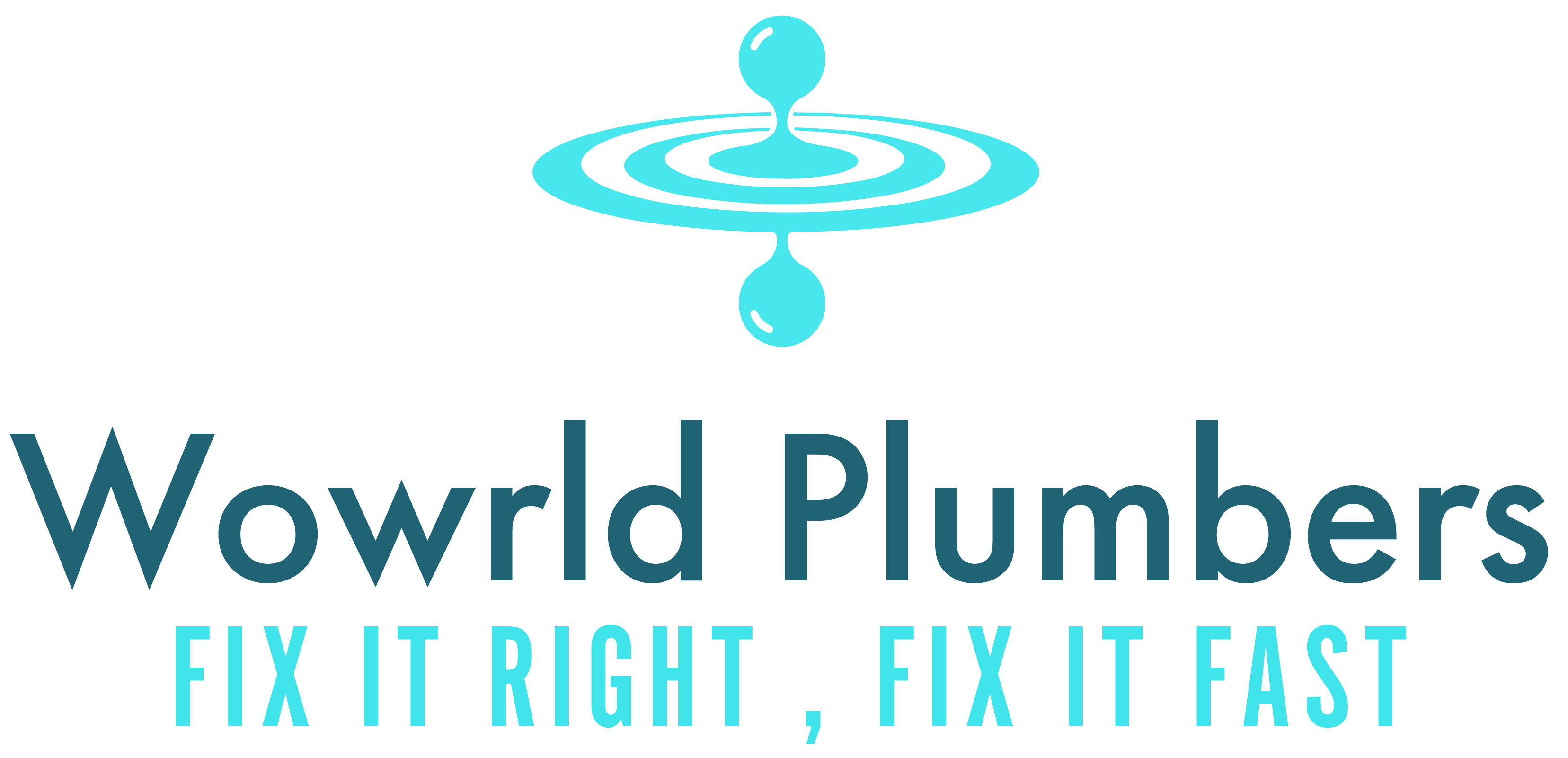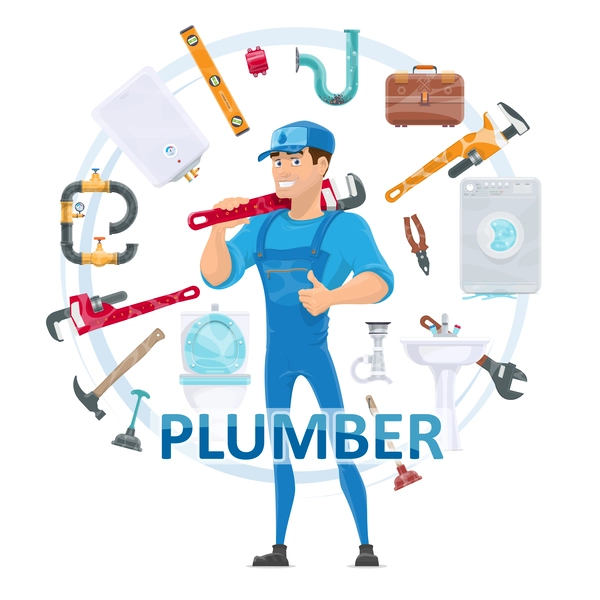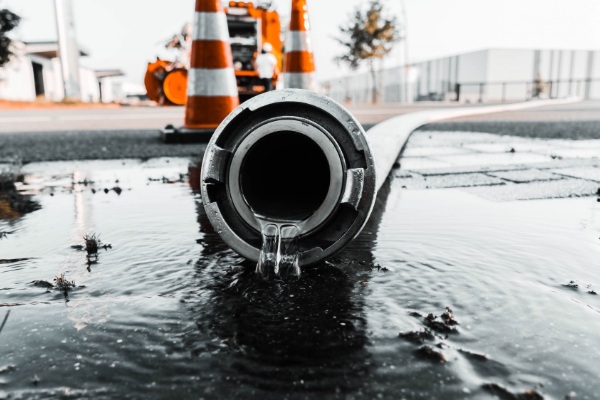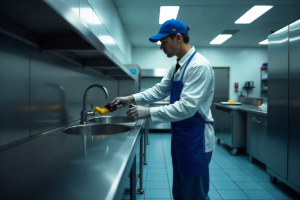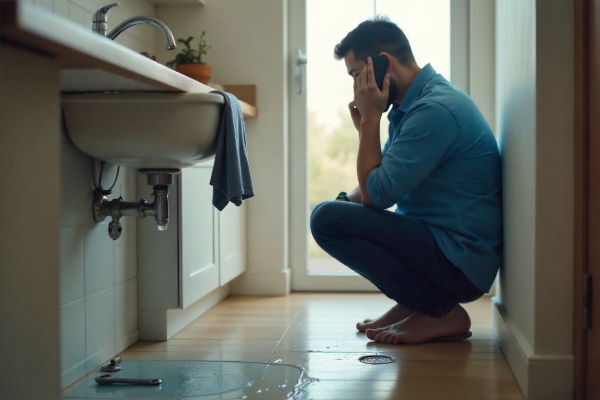Plumbing is an essential part of any home, ensuring the delivery of clean water and the efficient removal of waste. Understanding the basics of domestic plumbing and knowing when to seek professional help can save you from costly repairs and ensure the smooth running of your home’s water systems. This guide will cover everything you need to know about domestic plumbing, from essential components to common services, tools, maintenance tips, and finding the right plumber.
What Is Domestic Plumbing?
Domestic plumbing refers to the system of pipes, fixtures, and appliances that deliver water to homes and carry away wastewater. It is essential for everyday tasks, from cooking and cleaning to heating and bathing.
Understanding the Basics of Domestic Plumbing Systems
A domestic plumbing system typically consists of two main subsystems: the water supply system and the drainage system. The water supply system delivers fresh water from the main supply to faucets, showers, and appliances, while the drainage system removes wastewater to sewers or septic tanks. A domestic system also includes venting systems that help air circulate within pipes.
Key Components of a Residential Plumbing System
- Water Supply Pipes: Deliver fresh water to the home.
- Drainage Pipes: Carry wastewater away from the home.
- Fixtures: Sinks, bathtubs, toilets, and showers that require water.
- Water Heater: Provides hot water for various needs.
- Venting System: Allows for the proper flow of water and air within the system.
Differences Between Domestic and Commercial Plumbing
While domestic plumbing serves homes, commercial plumbing systems are much larger and handle higher capacities. Commercial plumbing typically includes more complex systems designed to meet the demands of businesses, restaurants, or industrial operations. Residential plumbing systems, on the other hand, are usually simpler, with fewer fixtures and smaller pipes.
Common Domestic Plumbing Services
There are several key services that are typically needed to maintain or repair your home’s plumbing system. From pipe repairs to the installation of water heaters, these services are essential for keeping your plumbing in top condition.
Pipe Repairs and Leak Detection
Leaks in pipes can lead to water damage, mold growth, and high water bills. Professional plumbers use specialized tools to detect leaks early and provide repairs. Pipe repair may involve replacing damaged sections or using pipe lining technology to seal leaks without needing to dig up the entire system.
Installation of Water Heaters, Faucets, and Fixtures
Plumbers install water heaters, faucets, and other plumbing fixtures. Proper installation ensures these systems work efficiently and are safe. This service also includes replacing old or malfunctioning units with new, energy-efficient models.
Drain Cleaning and Maintenance Services
Regular drain cleaning can prevent blockages that lead to slow drains or backups. Plumbers can use various techniques, such as drain snakes, hydro-jetting, or chemical cleaners, to clear clogs and maintain healthy drainage systems.
Tools and Equipment for Domestic Plumbing
Plumbing requires specialized tools to diagnose and repair problems. These tools ensure the job is done correctly and safely, whether you’re fixing a leaky faucet or installing a new fixture.
Essential Tools Every Plumber Uses in Homes
- Pipe Wrenches: Used for tightening and loosening pipes and fittings.
- Plungers: For clearing clogs in sinks, bathtubs, and toilets.
- Adjustable Wrenches: Used for tightening or loosening nuts and bolts.
- Drain Snakes: Used for clearing clogs deep in pipes.
- Pipe Cutters: For cutting pipes to the correct length.
Modern Technologies in Domestic Plumbing Repairs
Advancements in technology have made plumbing repairs more efficient:
- Camera Inspections: Allows plumbers to inspect pipes without excavation, identifying issues such as blockages or leaks.
- Hydro-Jetting: A high-pressure water cleaning system used to clear stubborn clogs and clean pipes.
- Smart Plumbing Systems: Devices that monitor water usage, detect leaks, and regulate water pressure in real-time.
DIY Plumbing Tools for Small Fixes
Homeowners can tackle small plumbing issues with basic tools such as plungers, pipe tape, and adjustable wrenches. However, it’s essential to know when to call a professional to prevent worsening the problem.
Plumbing Maintenance for Homes
Regular plumbing maintenance is key to preventing major plumbing issues. Homeowners who perform routine maintenance can extend the life of their plumbing system and avoid costly repairs.
How to Maintain Your Domestic Plumbing System
- Inspect Pipes Regularly: Check for leaks, cracks, or corrosion, especially in areas like under sinks and in basements.
- Flush Water Heaters: To remove sediment buildup and maintain heating efficiency.
- Clean Drains: Use enzyme-based cleaners to clear build-up in drains and prevent clogs.
Tips for Preventing Common Plumbing Issues
- Don’t pour grease down the drain: Grease can solidify and clog pipes.
- Use drain strainers: Prevent hair and debris from clogging drains.
- Check for leaks: Regularly inspect your faucets, showerheads, and under-sink pipes for any signs of leaks.
The Role of Regular Inspections in Home Plumbing
Having a licensed plumber perform regular inspections ensures that potential problems are identified early, which can prevent costly repairs and system failures down the line.
Finding Domestic Plumbing Services Near You
Finding a reliable plumbing service is essential for timely repairs and ongoing maintenance. Here’s how you can find the best plumbing services in your area.
Tips for Choosing a Reliable Residential Plumber
- Check for proper licensing and insurance: Always verify that the plumber is licensed and insured to ensure safety and quality work.
- Look for online reviews: Customer reviews on platforms like Google and Yelp can provide valuable insights into the plumber’s reliability and service quality.
- Ask for referrals: Ask friends, family, or neighbors for recommendations from trusted plumbers.
What to Look for in Domestic Plumbing Companies
- Experience and expertise: Ensure the company has experience with the specific plumbing services you need.
- Transparency in pricing: Look for a plumbing company that provides clear, upfront pricing to avoid hidden costs.
- Emergency services: Check if the plumbing company offers emergency services, especially for urgent issues like burst pipes.
How to Compare Local Plumbing Service Providers
When comparing plumbing service providers, consider factors such as customer reviews, service offerings, pricing, and availability. Getting quotes from multiple companies can help you find the best value for your needs.
When to Call a Domestic Plumber
Some plumbing issues can be fixed by homeowners, but certain problems require professional help. Knowing when to call a plumber can save you time and prevent potential damage to your home.
Signs You Need Professional Plumbing Help
- Persistent leaks: If leaks continue despite your best efforts, it’s time to call a plumber.
- No hot water: A malfunctioning water heater should be addressed immediately.
- Slow drains: Repeated slow drainage can signal blockages or pipe issues that need professional attention.
Emergencies That Require Immediate Plumbing Services
- Burst pipes: Call a plumber immediately to prevent flooding and water damage.
- Sewer backups: Sewer line blockages can cause major damage to your home and should be handled by a professional.
- Gas leaks: If you suspect a gas leak, evacuate the area and call emergency services or a licensed plumber right away.
Benefits of Hiring a Licensed Domestic Plumber
Licensed plumbers are trained to handle all types of plumbing issues safely and efficiently. Hiring a licensed professional ensures that your plumbing is up to code and that the work is guaranteed. It also reduces the risk of further damage caused by improper repairs.
Domestic plumbing is essential to keeping your home comfortable and functional. Understanding the basics of plumbing systems, performing regular maintenance, and knowing when to call a professional can help prevent costly repairs and ensure the longevity of your plumbing. By choosing the right plumber, you can maintain a healthy plumbing system and avoid major disruptions in your home.
